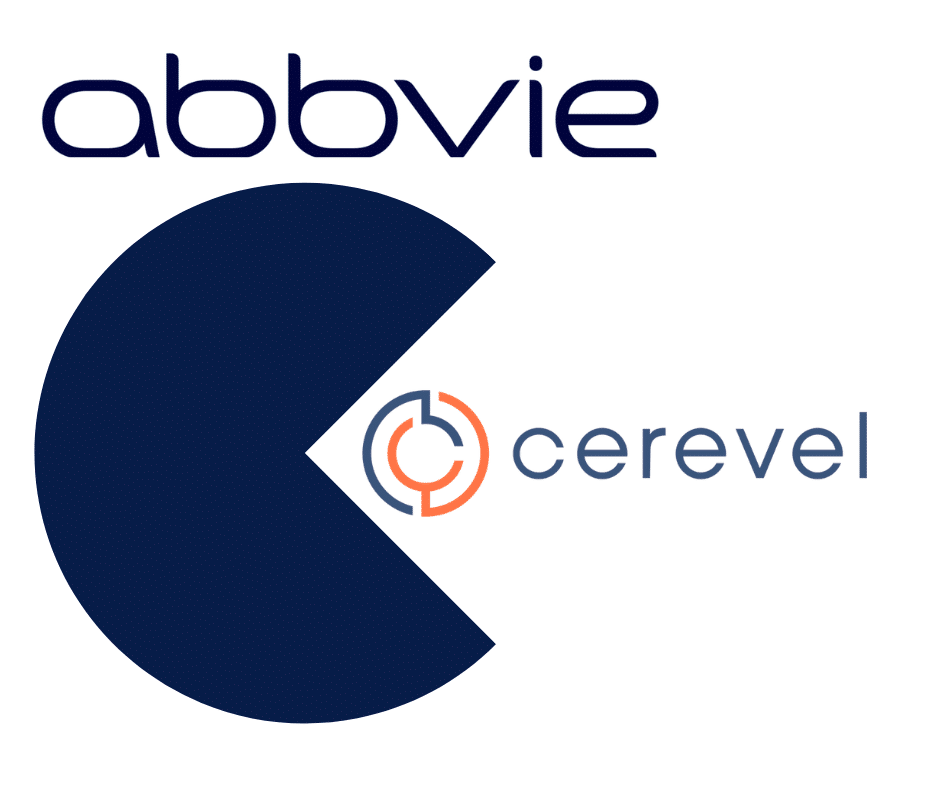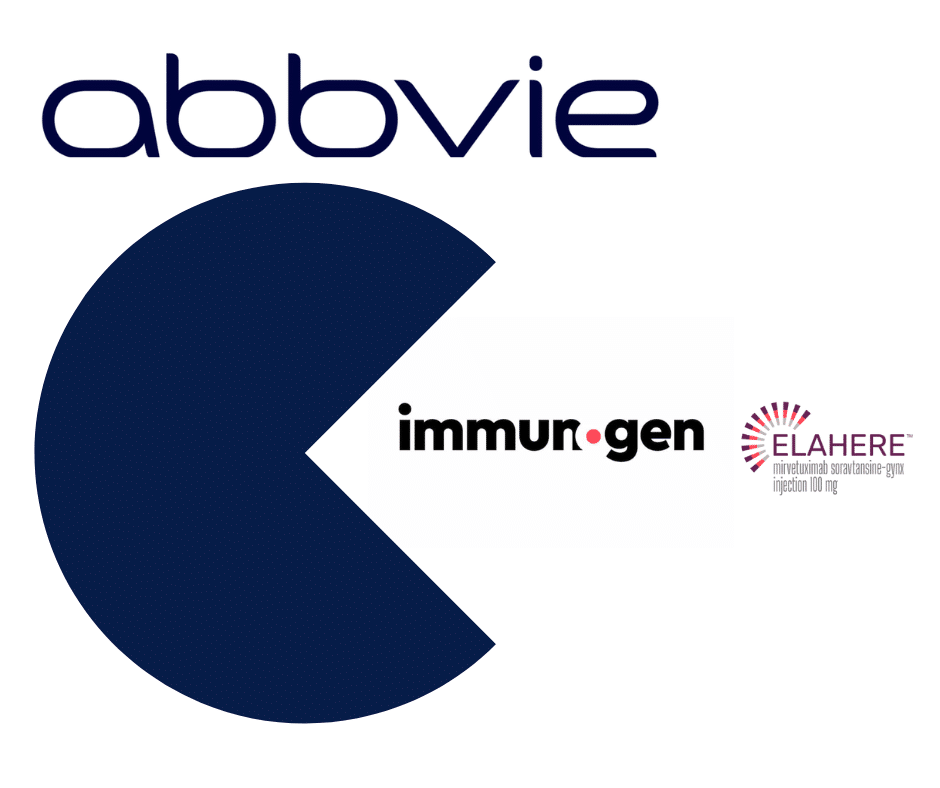On December 26th 2023, AbbVie announced that it will acquire Massachusetts based biotech Cerevel Therapeutics for $45.00 per share. The transaction represents an equity value of $8.7 billion of Cerevel.
Although the FTC recently sent a second request for information to AbbVie and Cerevel, delaying the close of the acquisition, the deal represents a potentially synergistic combination of two neuroscience pipelines.
Today’s blog will examine the potential synergies of an AbbVie Cerevel combination.
Antipsychotics
Antipsychotics as a standard of care fail for a number of reasons. According to the NIH, antipsychotics are only effective for half of the patients who take them; the treatments only address the positive symptoms (hallucinations and thought disorders) but neglect the negative ones (social withdrawal); and they cause severe neurological and metabolic side effects.
Thus, an improved standard of care presents a potentially lucrative opportunity for innovators. Muscarinic receptor agonists, the latest development towards treating psychosis, represent a $10 billion market opportunity according to analysts at Stifel.
Muscarinic receptor agonists are drugs designed to mimic the effects of acetylcholine on the parasympathetic nervous systems (the nervous systems responsible for relaxing the body). While scientists do not yet know the primary cause of schizophrenia, they theorize that an imbalance between acetylcholine (neurotransmitter responsible for stress) and dopamine (reward neurotransmitter) is the immediate cause of psychosis.
Current antipsychotics target dopamine receptors in the brain to restore the asymmetry between acetylcholine and dopamine, but targeting dopamine receptors results in a host of unwanted side effects.
Thus, Cerevel’s scientific program seeks to target the M4 muscarinic receptors in the brain to regulate the release of acetylcholine, thereby limiting the side effects associated with blocking dopamine receptors.
Strategic Fit
AbbVie, while known for its flagship product Humira, has been steadily making a name for itself in treating CNS disorders. ABBV-552, ABBV-916, AL002 represent three pipeline candidates targeting Alzhiemer’s in AbbVie’s pipeline.
According to the NIH, “Direct stimulation of this receptor using muscarinic M1 agonists improves cognition in animal models and improves performance in cognitive tests in Alzheimer’s patients.” Thus, AbbVie can leverage Cerevel’s research in this space to further bolster its own CNS pipeline.
Through the acquisition, AbbVie acquires Cerevel’s promising asset, Emraclidine. Although still early in clinical development (it is currently in Phase 2), Emraclidine demonstrated a sturdy safety profile in clinical trials. Additionally, in Q4 of 2022, the FDA granted Emeraclidine Fast Track Designation to treat delusions and hallucinations associated with Alzhiemer’s. Fast Track Designation means Emeraclidine becomes eligible for accelerated approval and has easier communication with the FDA.
According to Cerevel’s pipeline page, Emeraclidine “is the only selective M4 receptor PAM currently in clinical development.” In the event that M4 receptors become the standard of treatment for psychosis, Cerevel will have a significant first mover advantage.
Along with Tavapadon (Parkinson’s), Darigabat (Epilepsy), and Emeraclidine, Cerevel’s clinical program includes a treatment for major depressive disorder (CVL-354). Considering the fact that AbbVie already has an approved treatment for MPD, Cariprazine, AbbVie can leverage its existing research to expedite the commercialization of Cerevel’s MPD treatment.
Conclusion
Considering the similarity on the disease states that both firms target, the acquisition represents a good combination of neuroscience research. AbbVie fulfills its strategic priority of further bolstering its neuroscience pipeline.
However, the fact that Cerevel does not have any approved commercial products for sale presents a key risk for AbbVie.
- Deal in Review: AbbVie Acquires Cerevel - March 20, 2024
- Deal in Review: AbbVie Acquires ImmunoGen - December 7, 2023
- The Competitive Landscape for Weight Loss Treatments - August 25, 2023



